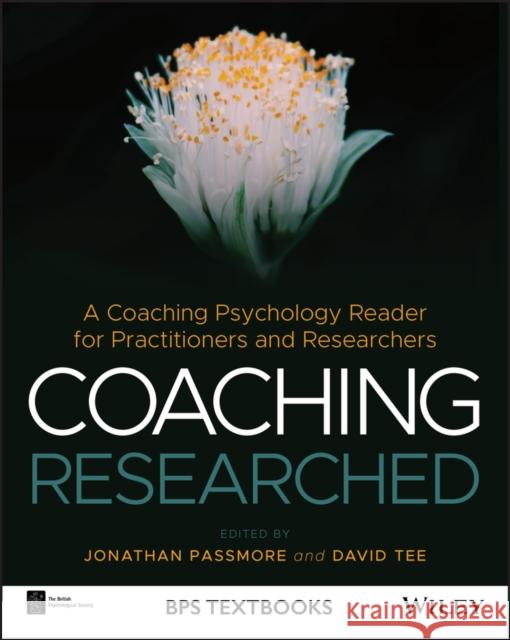Coaching Researched: A Coaching Psychology Reader for Practitioners and Researchers » książka
topmenu
Coaching Researched: A Coaching Psychology Reader for Practitioners and Researchers
ISBN-13: 9781119656883 / Angielski / Miękka / 2020 / 464 str.
Kategorie:
Kategorie BISAC:
Wydawca:
Wiley
Seria wydawnicza:
Język:
Angielski
ISBN-13:
9781119656883
Rok wydania:
2020
Numer serii:
000352378
Ilość stron:
464
Waga:
0.70 kg
Wymiary:
23.11 x 18.29 x 3.3
Oprawa:
Miękka
Wolumenów:
01











